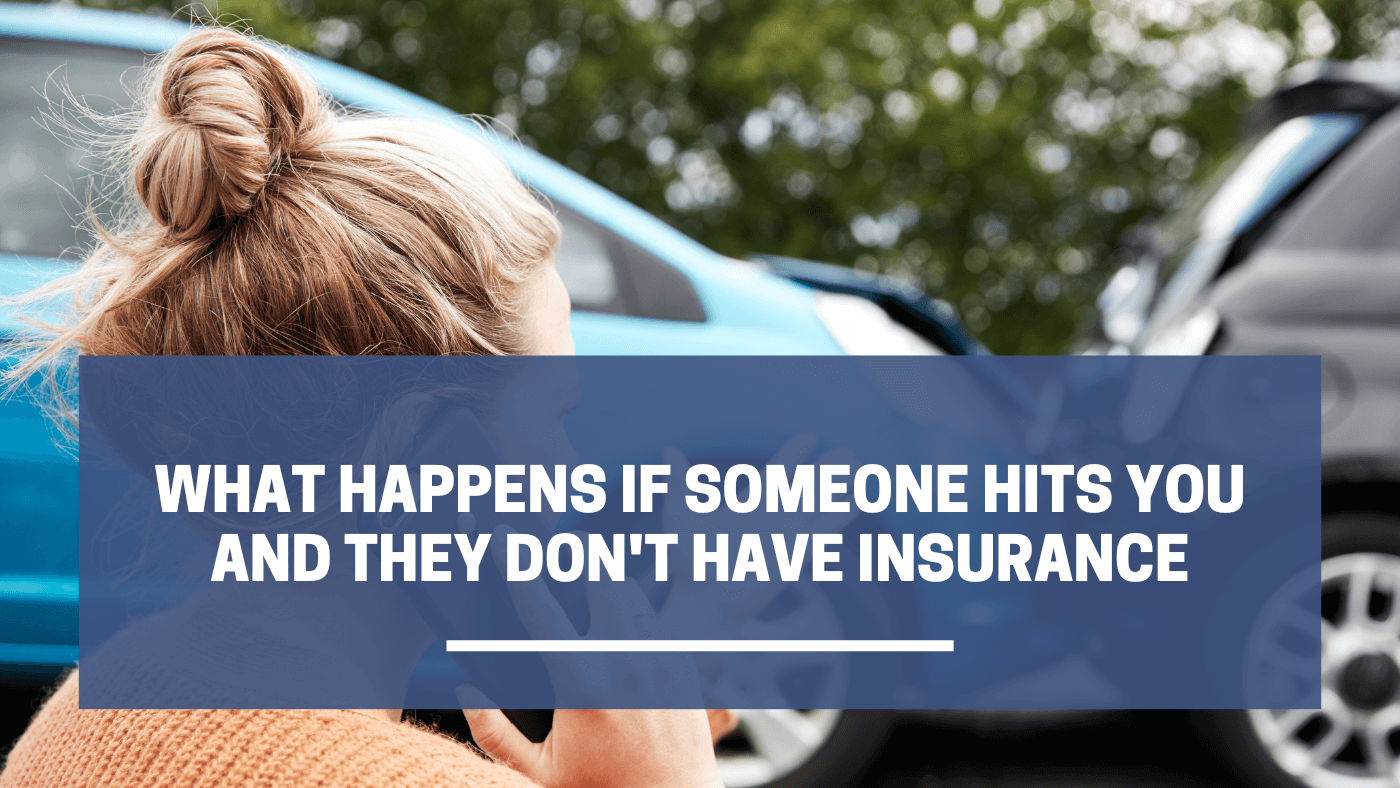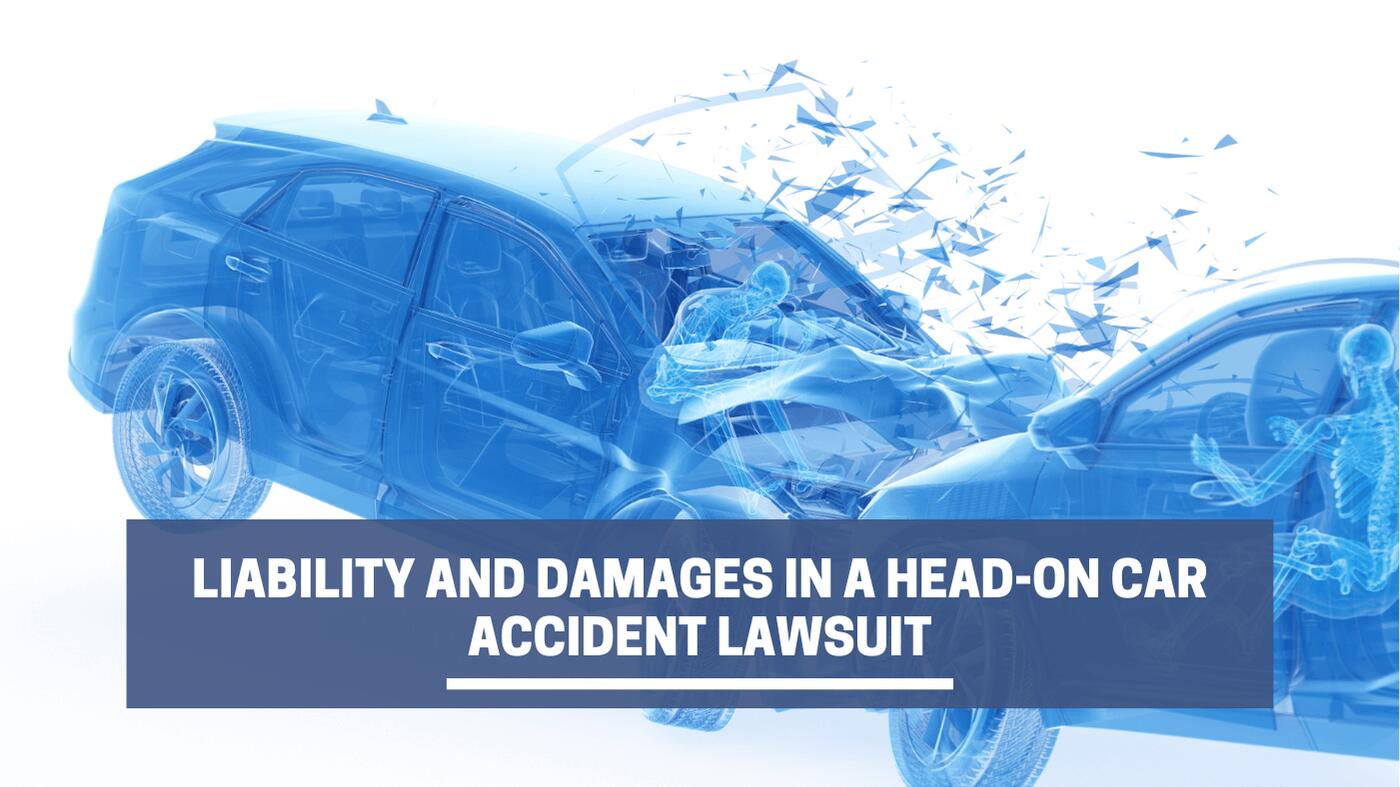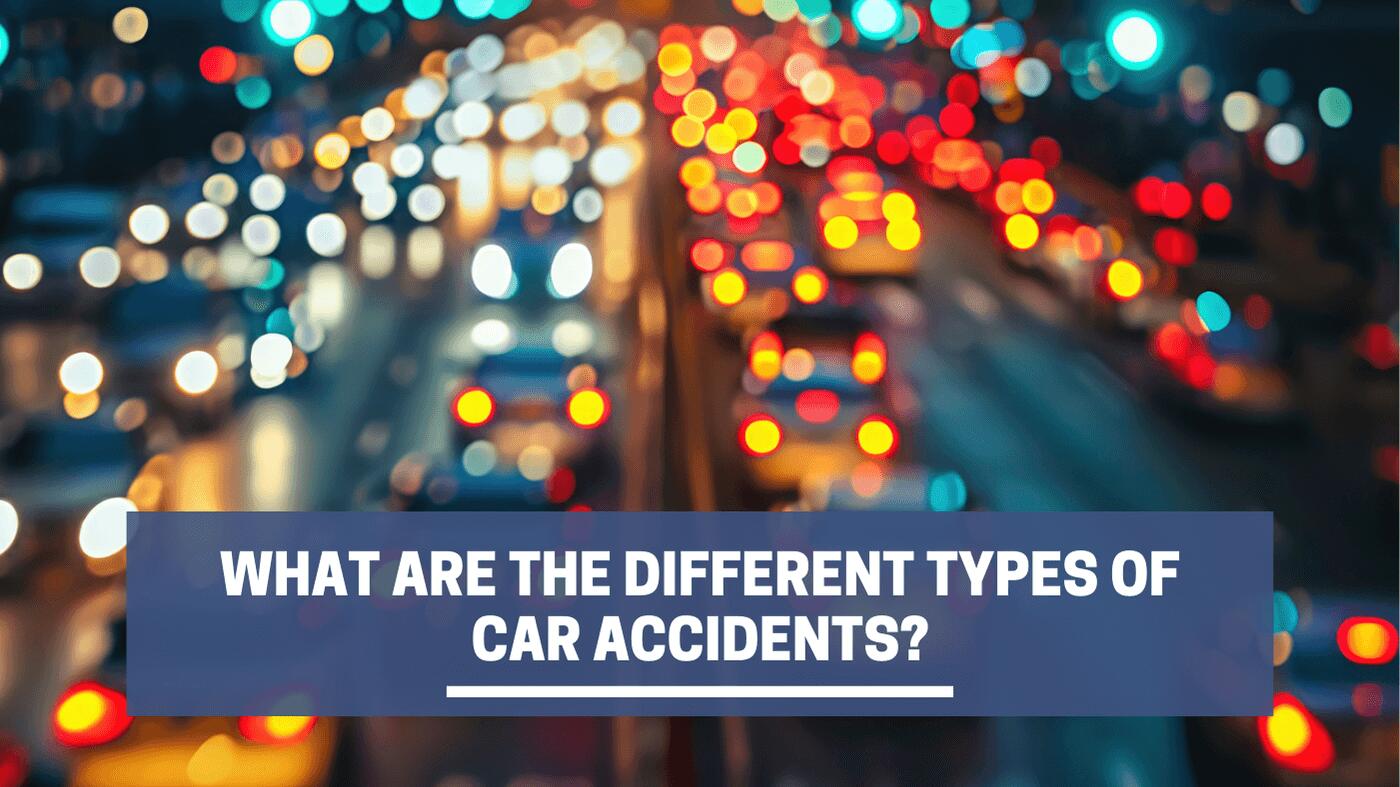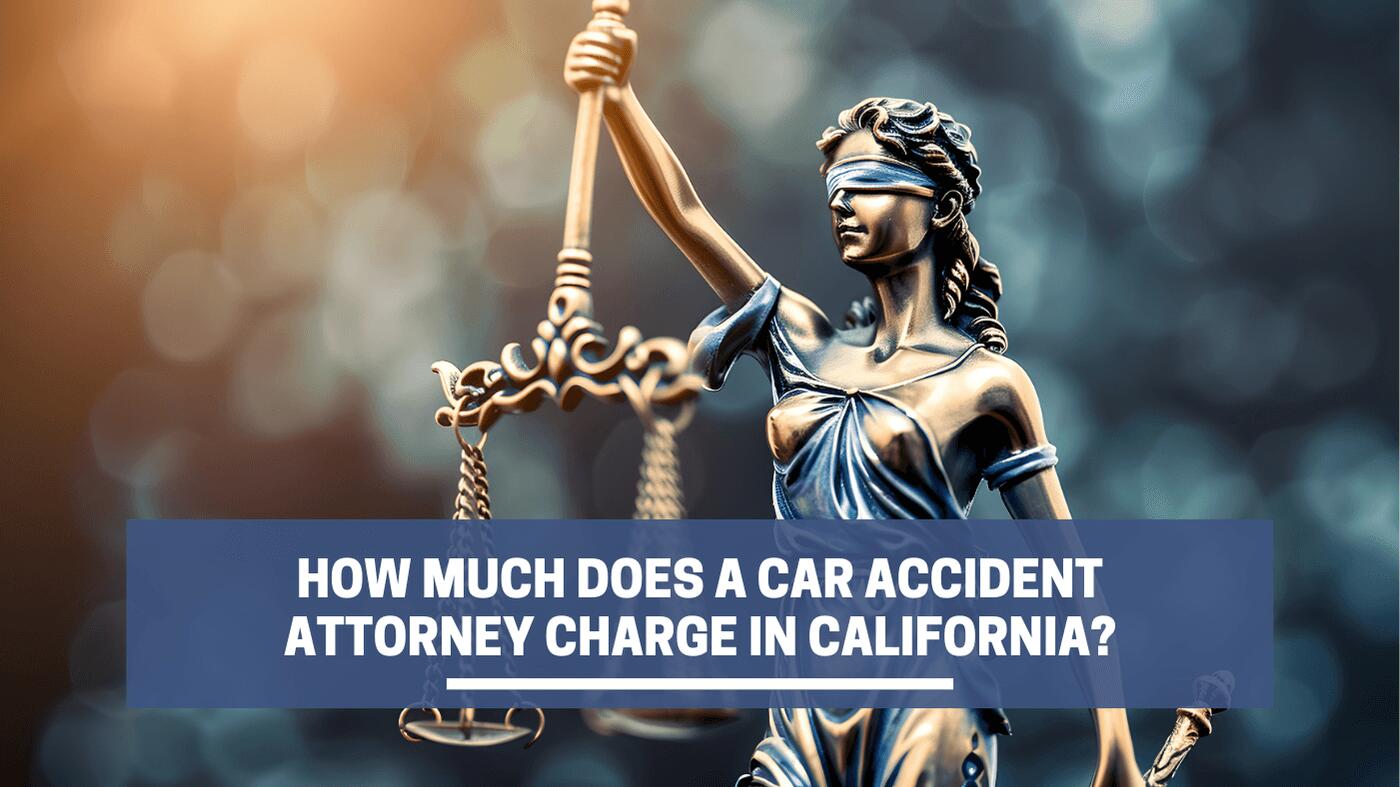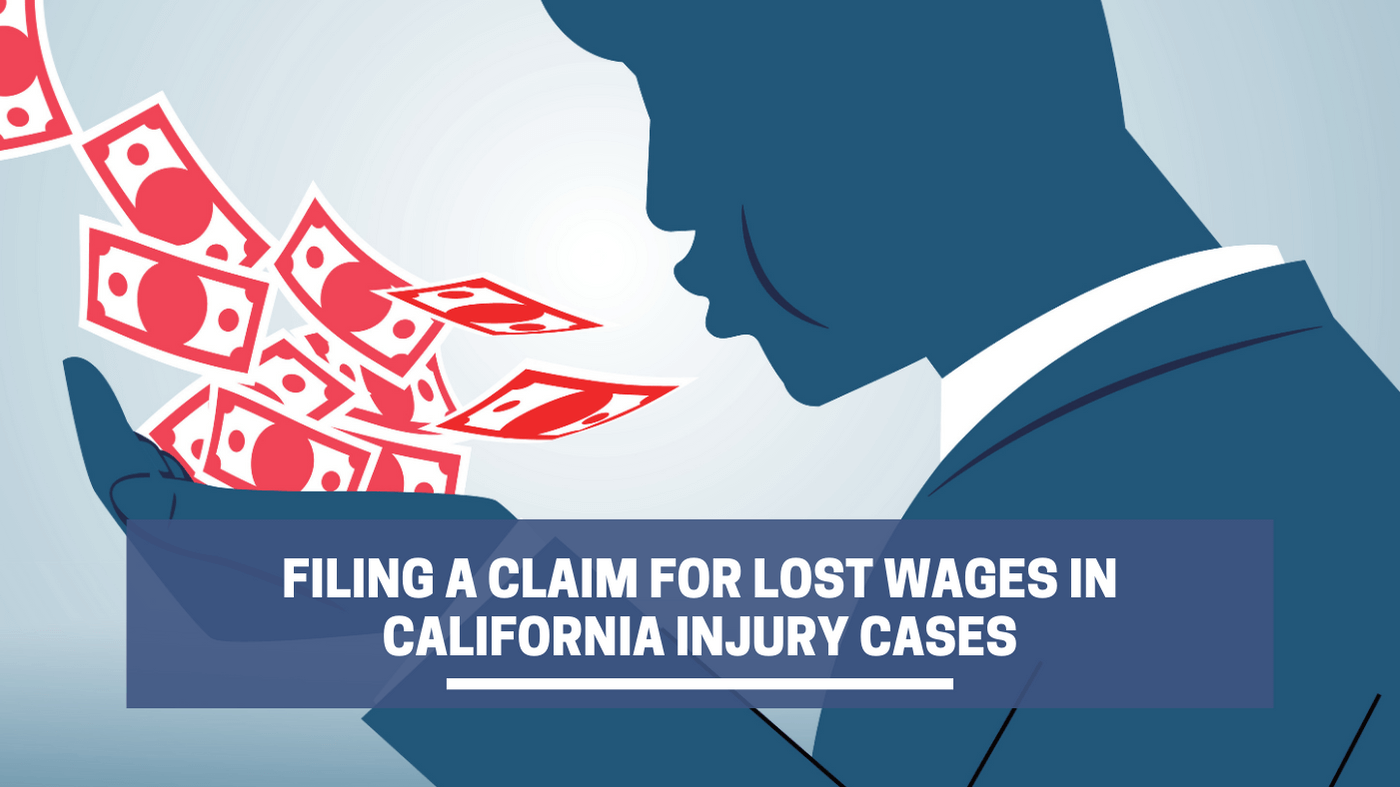Under California law, a driver is responsible for all damages resulting from an auto accident they cause and must carry minimum liability insurance to cover potential damages to other motorists.
If you are hit by someone without insurance, it can complicate your ability to receive compensation. Uninsured drivers lack the financial means to cover damages, leaving you with high medical bills and lost wages after a crash. However, if you carry uninsured motorists’ coverage, you may be able to recover a settlement under your policy if an uninsured driver hits you.
Seeking guidance from an experienced accident lawyer is crucial when dealing with an uninsured motorist claim. They can provide valuable assistance in understanding the process and help you pursue compensation for your car accident.
Uninsured Motorist Coverage Requirements in California
In California, every driver must carry auto insurance that meets the state’s minimum liability coverage requirements. These coverages include:
- $15,000 for injury or death to one person
- $30,000 for injury or death to multiple people
- $5,000 for property damage
Drivers also have the option to purchase Uninsured Motorist (UM) coverage to protect themselves in case of an accident with an uninsured driver. 16.6% of California drivers are uninsured, which makes having UM coverage essential for safeguarding your right to compensation in the event of a car accident.
You can buy UM coverage separately or as part of a bundled auto insurance policy that includes coverages like collision coverage.
UM coverage consists of two parts:
- Uninsured Motorist Bodily Injury (UMBI): This coverage compensates you and your passengers in the event of an accident. The coverage limits for UMBI are the same as the minimum liability coverage requirements.
- Uninsured Motorist Property Damage (UMPD): For drivers who do not have collision coverage, UMPD covers the costs of repairing your vehicle if it gets damaged due to an uninsured motorist. The minimum coverage amount for UMPD is $3,500.
UMPD coverage is only applicable if the uninsured driver is identified. In hit-and-run accident cases, property damage coverage may not be available.
What Happens if Someone Without Insurance Hits You?
Uninsured drivers not only put your safety at risk but also add additional steps for you to file an uninsured claim if they cause an accident. Understanding the legal implications can help you assess your options for seeking compensation from your auto insurance company.
The following may occur if someone without insurance hits you in California:
The Driver Might Not Divulge Their Insurance Details
After any car accident, ask the other driver for their driver’s license and insurance information. If the driver doesn’t have insurance, they might refuse to cooperate with you and withhold these details.
The best action to take in this situation is to contact the police immediately. The police will arrive at the scene and obtain contact information from the other driver. If they discover the driver does not have insurance, the officers will include it in the police report, which you and your attorney can request later and use for your claim.
You Must File SR-1 and SR-19 Forms
Before you file your UM claim with your auto insurance company, they will require you to submit evidence to prove that you were hit by an uninsured driver. The following forms serve as evidence when you complete and file them with the Department of Motor Vehicles (DMV):
- Form SR-1: Your or your attorney can file an SR-1 Form with the DMV within 10 days of the collision. This form is required if the accident resulted in injuries, death, or property damage exceeding $1,000. It is separate from any reports filed with the police, California Highway Patrol (CHP), or your insurance company.
- Form SR-19C: The SR-19C form allows you to obtain a copy of the Uninsured Motorist Certification to confirm that the other driver was uninsured at the time of the accident. When submitting the form, you must provide your contact information and specific information regarding the accident. You must also provide relevant information about the uninsured driver, including their vehicle and driver’s license information.
The Insurance Company Will Attempt to Deny or Delay Your Claim
When an uninsured driver hits a motorist in California, the insurance company will often deny your claim. Denial tactics include various strategies to justify disputing UM claims so the insurer doesn’t have to pay you a settlement. Some of the methods insurance companies may use include:
- Challenge your UM coverage: Your insurer may try to deny your uninsured motorists coverage if you did not sign a waiver of rights for other coverages you may be entitled to, such as workers’ compensation or other liability coverages. However, California Insurance Code 11580.2 mandates that uninsured motorist coverage must pay even when the person does not sign this waiver.
- Dispute your hit-and-run accident: If you were in a hit-and-run accident, the insurer might try to deny that your vehicle was physically impacted by another car by questioning the police report or refuting the incident.
- Comparative fault arguments: The insurance company will use California’s pure comparative negligence laws to claim that you share a large part of the fault for your accident, reducing the compensation you may receive.
- Contesting medical expenses: Your insurer may dispute the validity and costs of your current and future medical expenses. They might try to present them as unnecessary or downplay the projected financial impact of your injuries to reduce the amount of compensation you are owed.
- Blame your pre-existing conditions: Insurers may deny your claim by asserting that your injuries are not the result of an accident and were caused by pre-existing illnesses. They will evaluate your medical records and attempt to find evidence of prior health issues that could be attributed to your current injuries.
These tactics allow the insurance company to deny or delay the full settlement of your UM claim. However, an experienced attorney can help you navigate these disputes.
An attorney can assess the actual value of your claim, considering your medical expenses and property damage based on evidence such as medical records and vehicle repair costs. They can leverage their expertise to negotiate with the insurance company to secure fair compensation that fully addresses your damages.
If you cannot negotiate a satisfactory settlement through UM insurance for your losses, your attorney can help you file a lawsuit to recover damages. Typically a lawsuit is filed with the other driver’s insurance company; however, if the driver is uninsured, you can still file against their assets to recover your losses.
What Happens to Uninsured Drivers in California?
Uninsured drivers can face financial and legal consequences, including a license suspension and additional criminal charges. In California, those who drive without insurance may experience:
- Legal fines: A driver who fails to provide proof of financial responsibility may be fined $100 for their first conviction. If the driver is ticketed for driving without insurance again within 3 years of the first offense, the fine will range from $200 to $500.
- Vehicle impoundment: The court can decide to impound the vehicle unless the driver pays all towing and storage fees and presents a foreclosure document.
- License suspension: Uninsured drivers can have their licenses suspended for up to 4 years. However, reinstatement is possible after 1 year if they can furnish evidence of insurance to the DMV and continue to maintain it for the next 3 years.
- Additional criminal charges: An uninsured driver may face additional criminal charges for operating their vehicle without insurance. For example, they could face a misdemeanor for reckless driving if their actions express a wanton disregard for the safety of others. This charge can result in penalties such as imprisonment ranging from five to 90 days, a fine ranging from $145 to $1,000, or a combination of both.
Understanding Your Rights in Uninsured Driver Accidents
If someone hits your car without insurance in California, it’s crucial to understand your rights. While these situations can be challenging and frustrating, knowing your legal rights can help protect you and ensure you receive the compensation you deserve.
It is important to consult with a legal professional who can provide personalized guidance on your specific situation. Understanding your rights and taking the appropriate steps can increase your chances of receiving the financial compensation you are owed after an accident with an uninsured driver.







